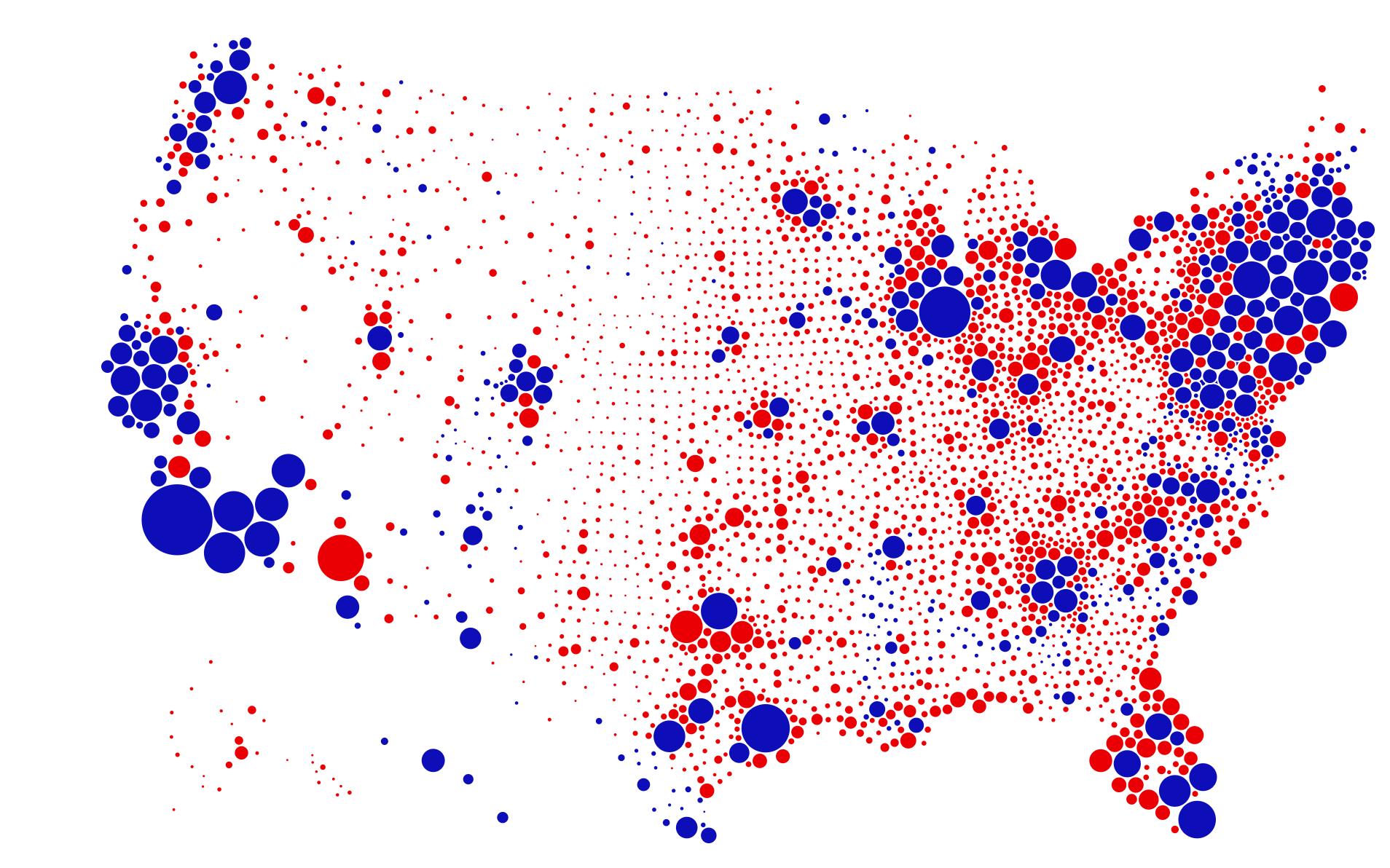From the World Socialist Web Site, who seem to be paying more attention to the potential work stoppage than most media, September 9:
With less than one week to go before the September 16 deadline when a national railway strike can legally begin, a conflict is brewing between US railroad workers, on the one hand, and the major corporations, Washington and the trade union apparatus, on the other.
The sentiment for a strike among 100,000 railroaders is overwhelming. In July, engineers voted to authorize a strike by 99.5 percent. But it is not simply a question of what they want. They have no other choice. It is impossible for them to continue to work 80 hours or even 100 hours a week, on call 24/7.
The brutal work regime in the railroad industry, which is more profitable than any other, renders workers strangers to their families and leaves them even without time to schedule doctor’s appointments. Now, they are fighting against the attempts to impose a settlement from a Biden-appointed Presidential Emergency Board (PEB) that does not come close to meeting their demands.
A deadly collision Thursday on the Union Pacific in Southern California was a fresh and tragic reminder of the intolerable conditions workers are determined to end once and for all. Two workers died in the accident, bringing the death toll on Union Pacific alone to three over a 10-day span.
Union officials have been working desperately to try to prevent a strike and enforce the PEB against workers’ opposition. In a divide-and-conquer strategy, five smaller unions have already announced tentative agreements patterned after the PEB and voluntarily extended their own cooling-off periods to the end of the month.
However, there is a growing panic in corporate circles that the unions may not be able to do the job that is expected of them. Last week, the Biden administration intervened through the National Mediation Board, which recalled union officials to Washington for three days of mediated talks in which Labor Secretary Marty Walsh was present.
These talks are not “negotiations” but a tripartite conspiracy between the railroads, the unions and the government to enforce the contract before it reaches the point of Congress intervening.
According to anonymous sources who spoke with industry publication Railway Age, Labor Secretary Walsh attempted to lay down the law during the first day: “Walsh’s message, although not made public, was blunt according to some of those present,” the outlet said. “Don’t mess with the nation’s fragile economy weeks ahead of mid-term congressional elections as neither Congress nor the Biden Administration will like it.”...
....MUCH MORE
Of course, this being the railroad biz, the President can order strikers back to work but I'd have to assume the workers would be a bit surly and the whole thing could lead to a general strike, something we were looking at a year ago:
Logistics: "Shutting It All Down: The Power of General Strikes in U.S. History"
and
Sometimes people forget where their food comes from and who it is they should thank for their daily sustenance.
One of the things a risk manager is tasked with is catastrophizing possible futures and developing plans to either mitigate or hopefully, profit from the worst case scenario. Most of our readers are familiar with the more dramatic scenarios: Tokyo earthquake at magnitude 8.5 - 9.5. An electromagnetic pulse, whether caused by a coronal mass ejection or an airburst of a nuclear weapon, an underwater landslide on the order of the Storegga slide creating a megatsunami, etc. These are the better known risks.
But one of the more mundane risks is something like a general strike.
Here's a map used to make the political point that land doesn't vote, people vote:

What the map also does is highlight the places, cities, that would be most at risk if the whole system came to a halt.
How long would it take for the food supply to run out in New York City or San Francisco or Atlanta or Philadelphia?
Here's the American Trucking Association with some answers:...
....MUCH MORE
Should the Union dockworkers and or the Teamsters truck drivers go out in sympathy you run into that whole “Nine Meals from Anarchy”thing.
Oh, and it is harvest season.
May you live in interesting times.
Previously:
- Logistics: 17,000 Union Employees Prepare To Strike Warren Buffett's BNSF Railroad
- "Is the Perfect Storm Brewing for Railroad and Port Logistic Failures?"
- "National Rail Strike put on hold by President Biden - now 60 days away... UPDATED"
- Just A Heads-up: The Work Stoppage At The Nation's Railroads Did Not Go Away, Stay Tuned
On August 25, 1950, in anticipation of a crippling strike by railroad workers, President Harry S. Truman issues an executive order putting America’s railroads under the control of the U.S. Army, as of August 27, at 4:00 pm....